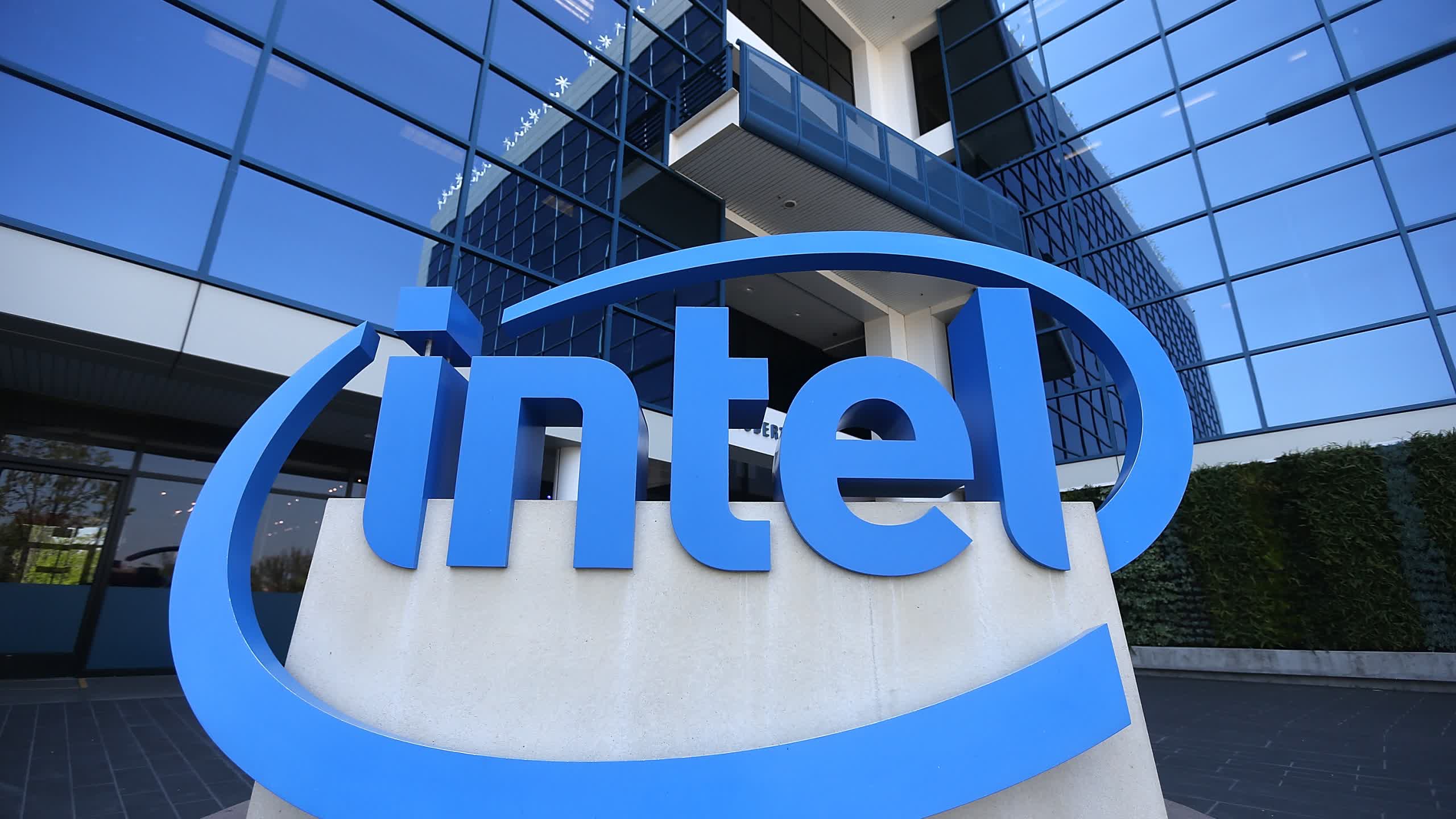What just happened? Intel is said to be the leading contender to bag a multi-billion-dollar contract from the US government to build a "secure enclave" that produces microchips for the military. The funding would be part of the Chips and Science Act, which President Biden signed into law last year, clearing the path for nearly $53 billion of investment in US semiconductor manufacturing, research and development.

According to sources quoted by The Wall Street Journal, the deal is still in the negotiation stage, and nothing has been finalized as yet. Officials from the Commerce Department, the Office of the Director of National Intelligence and the Department of Defense are currently in talks with Intel, but the developments are already said to have raised the hackles of "rival chip makers and some lawmakers," who believe that it could offer Intel an unfair advantage.
Three prominent senators have already expressed their concerns about the impending deal and questioned the government's wisdom in spending so much money on a chip fabrication facility exclusively for the military. Rhode Island Democrat Jack Reed, Mississippi Republican Roger Wicker, and Washington Democrat Maria Cantwell wrote to Commerce Secretary Gina Raimondo last month over concerns that the deal with a single company could "limit funding for other projects that would create a diversified domestic supplier base of semiconductors critical to the defense industrial base."

Other prominent politicians, however, support the investment. Republican Senator Marco Rubio from Florida believes that the money will be well-spent, as it will help keep the US military safe from potential eavesdropping by foreign governments, and moving away from the investment at the last minute could "undermine our national security."
If the deal goes through eventually, the new manufacturing facility could come up at Intel's existing factory complex in Arizona, and could cost between $3 billion and $4 billion. The funds are expected to come from the $39 billion earmarked as manufacturing grants and subsidies under the Chips Act, which was enacted to reduce the country's dependence on imported hardware. The vast majority of imported microchips for US military applications comes from Taiwan, which is currently under threat of being invaded by China.
The news of a possible deal with Intel comes just a few weeks after the Biden administration announced that the Defense Department will disperse around $238 million to set up eight hubs around the country to promote innovation in the semiconductor industry as part of the grants approved under the Chips Act. According to proponents of the new plan, it will help rebuild the domestic semiconductor manufacturing industry after decades of offshoring that have led to widespread job losses and left the US government potentially vulnerable to state-sponsored spying.
https://www.techspot.com/news/100759-intel-could-receive-billions-us-government-make-chips.html